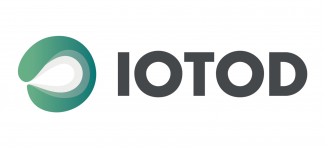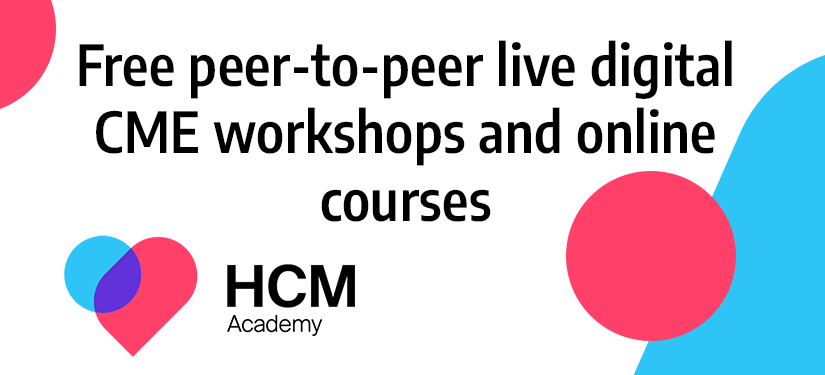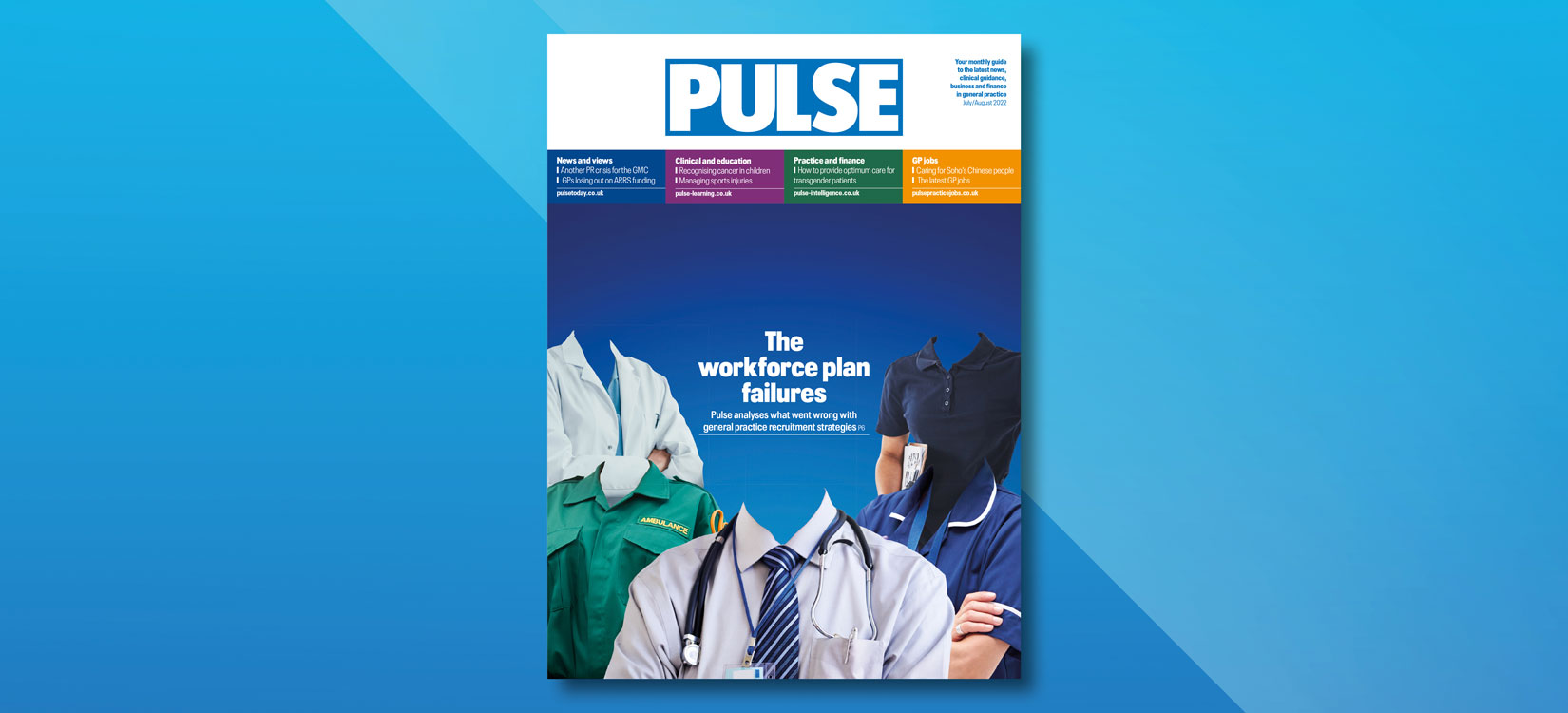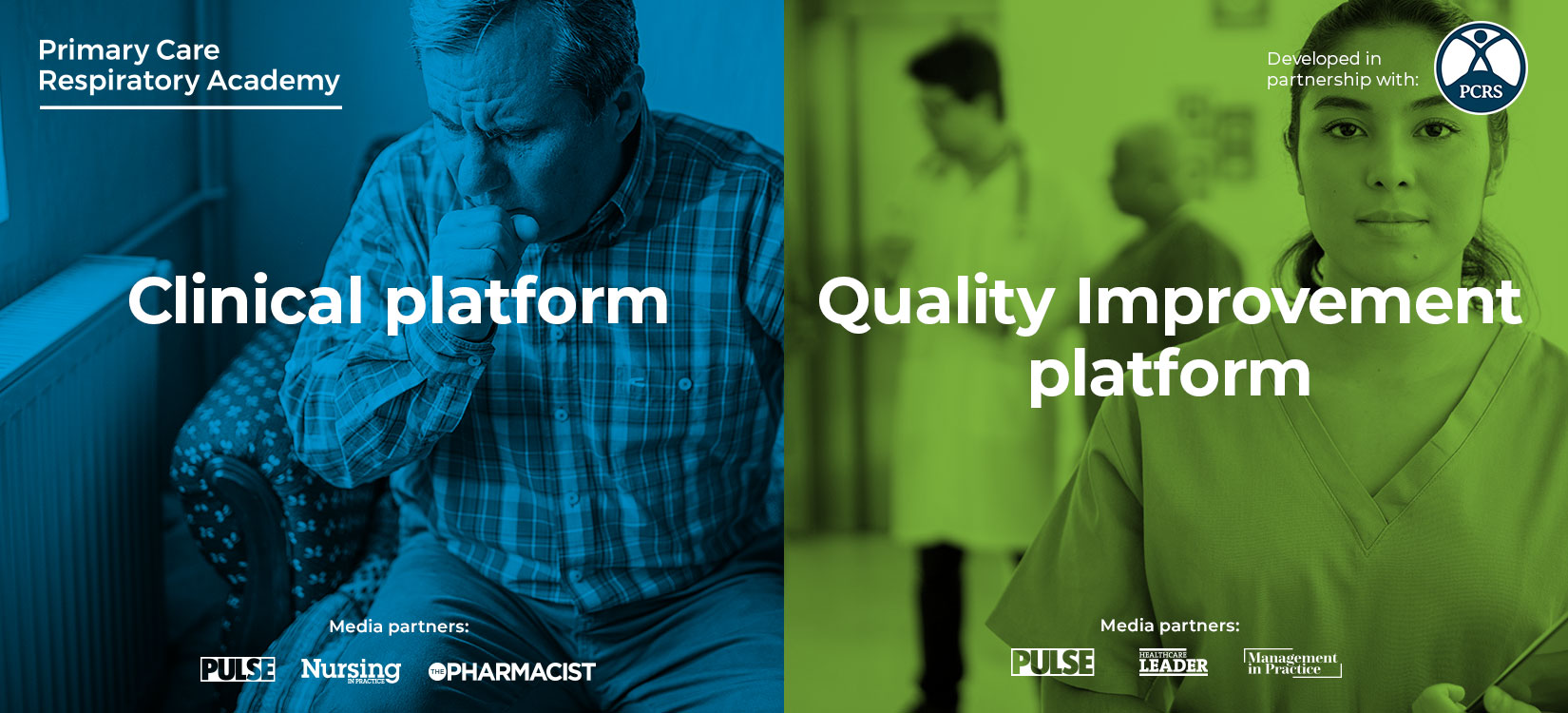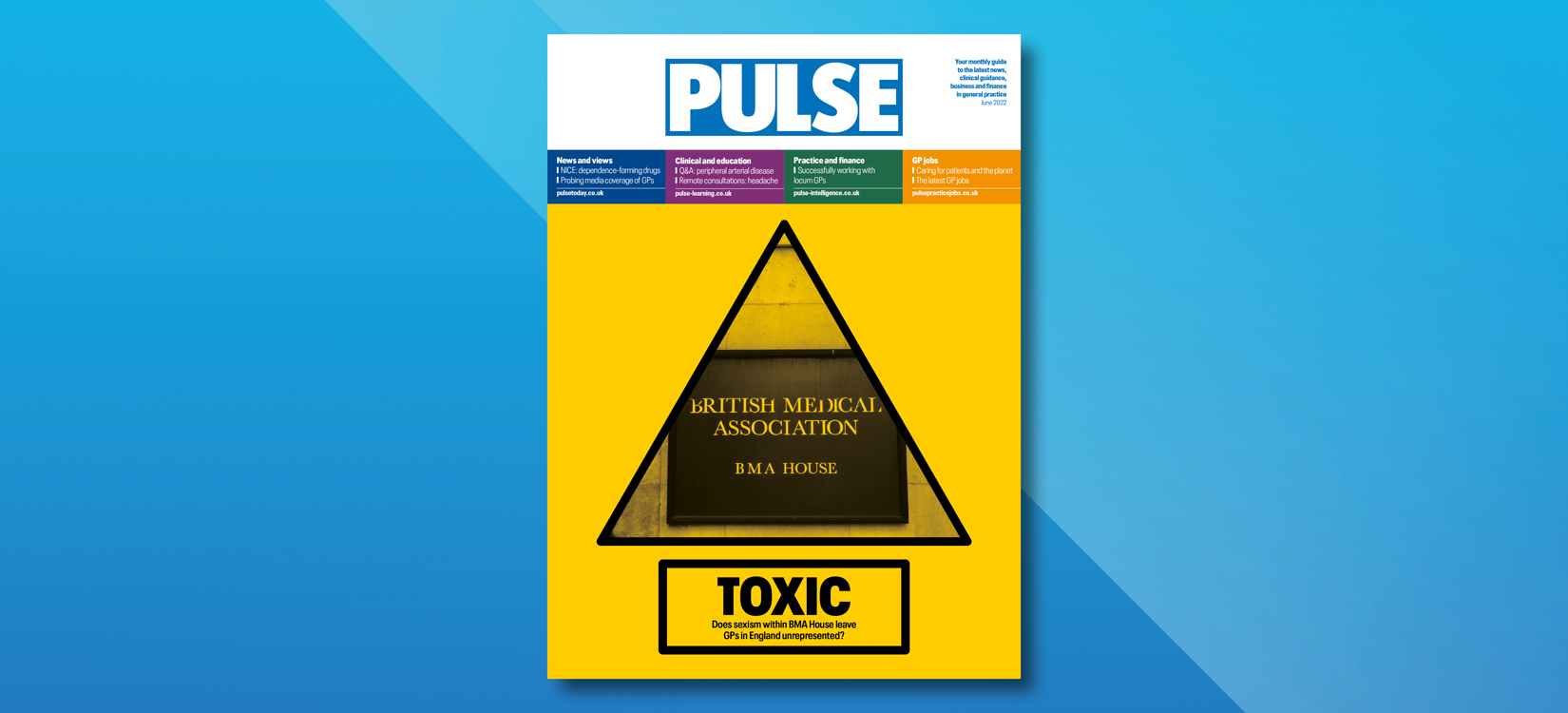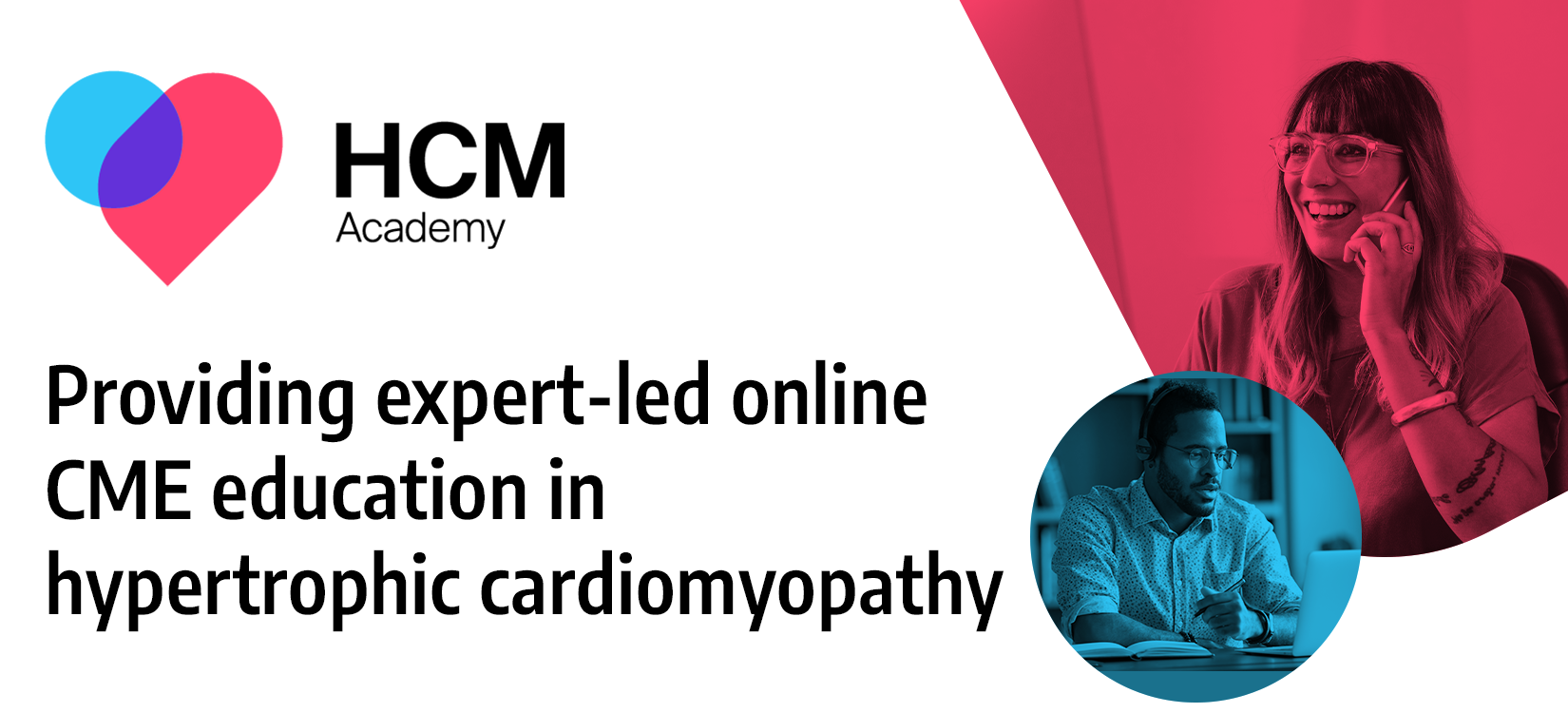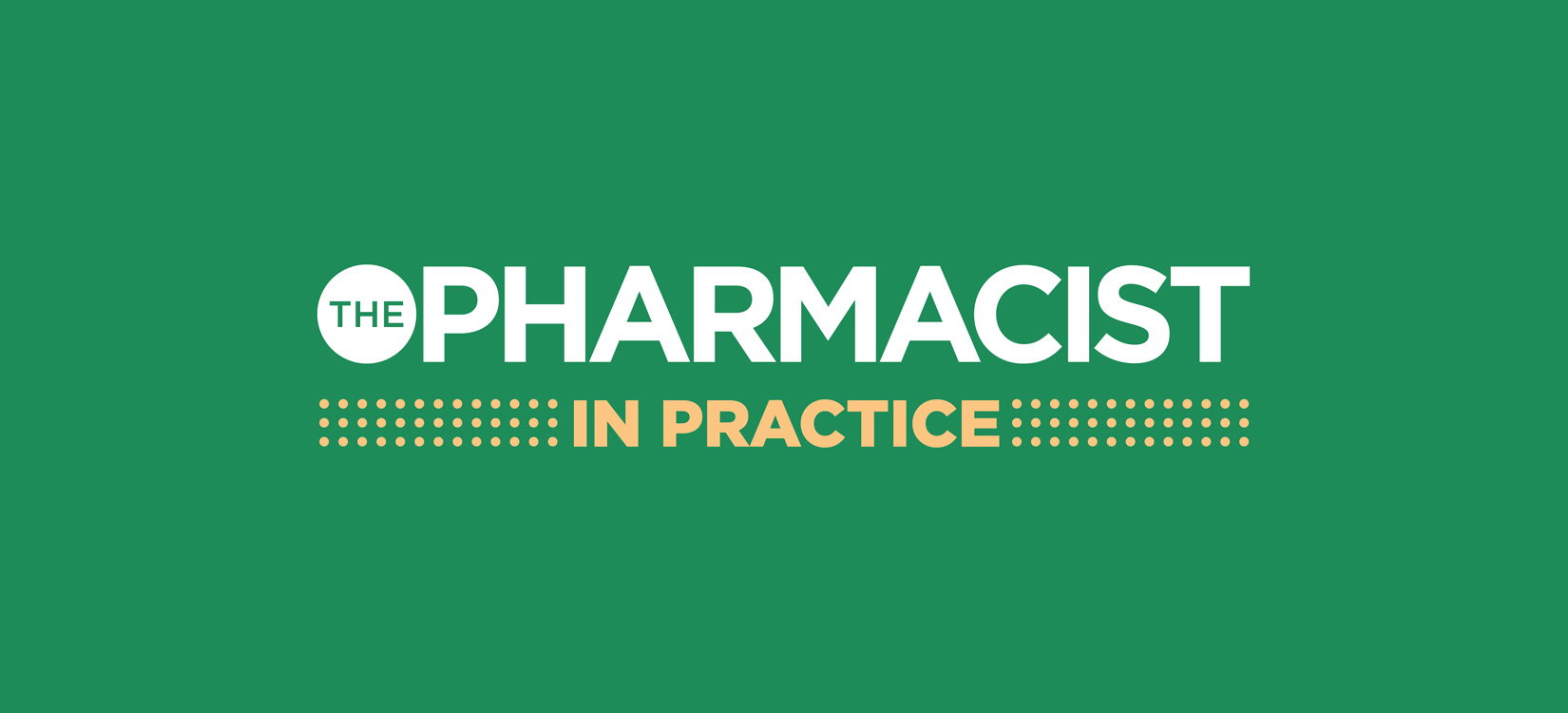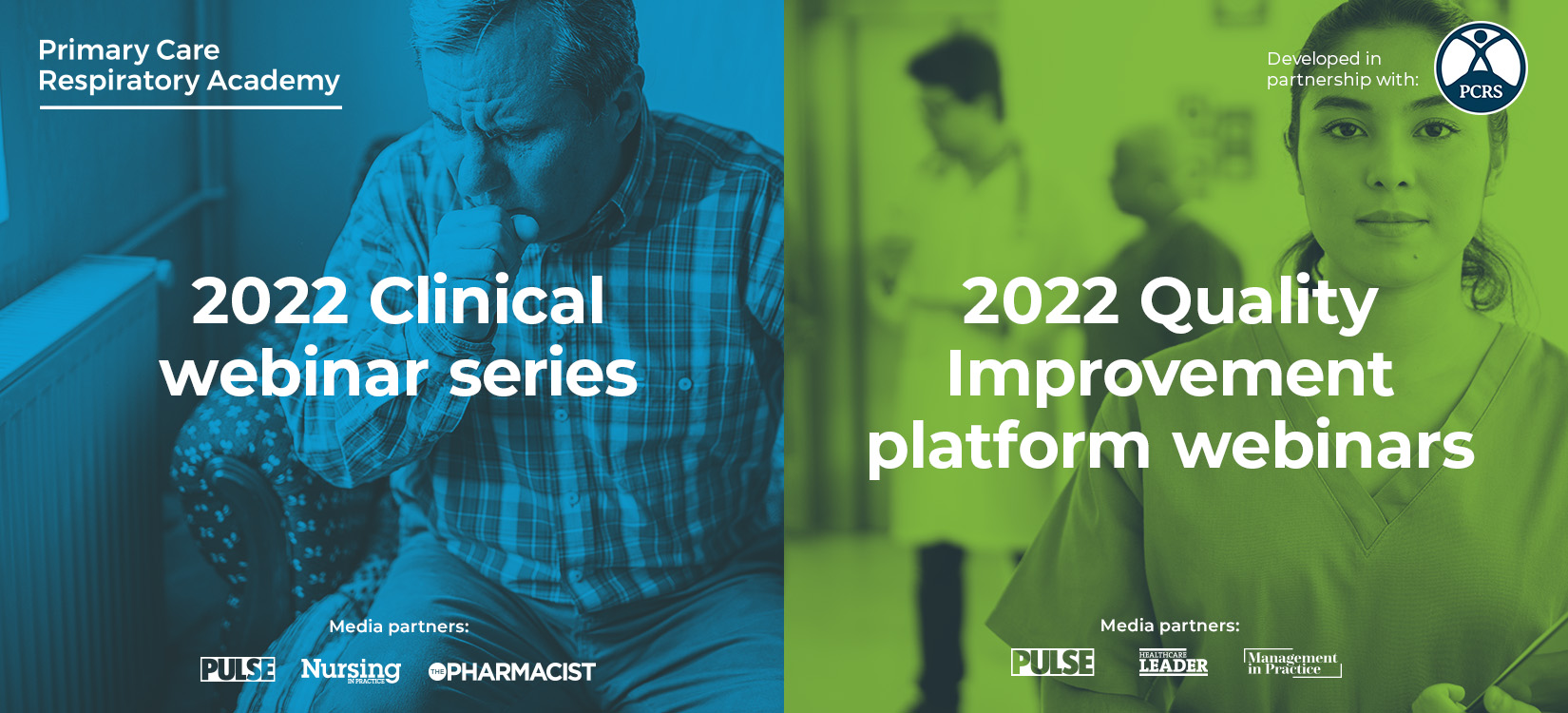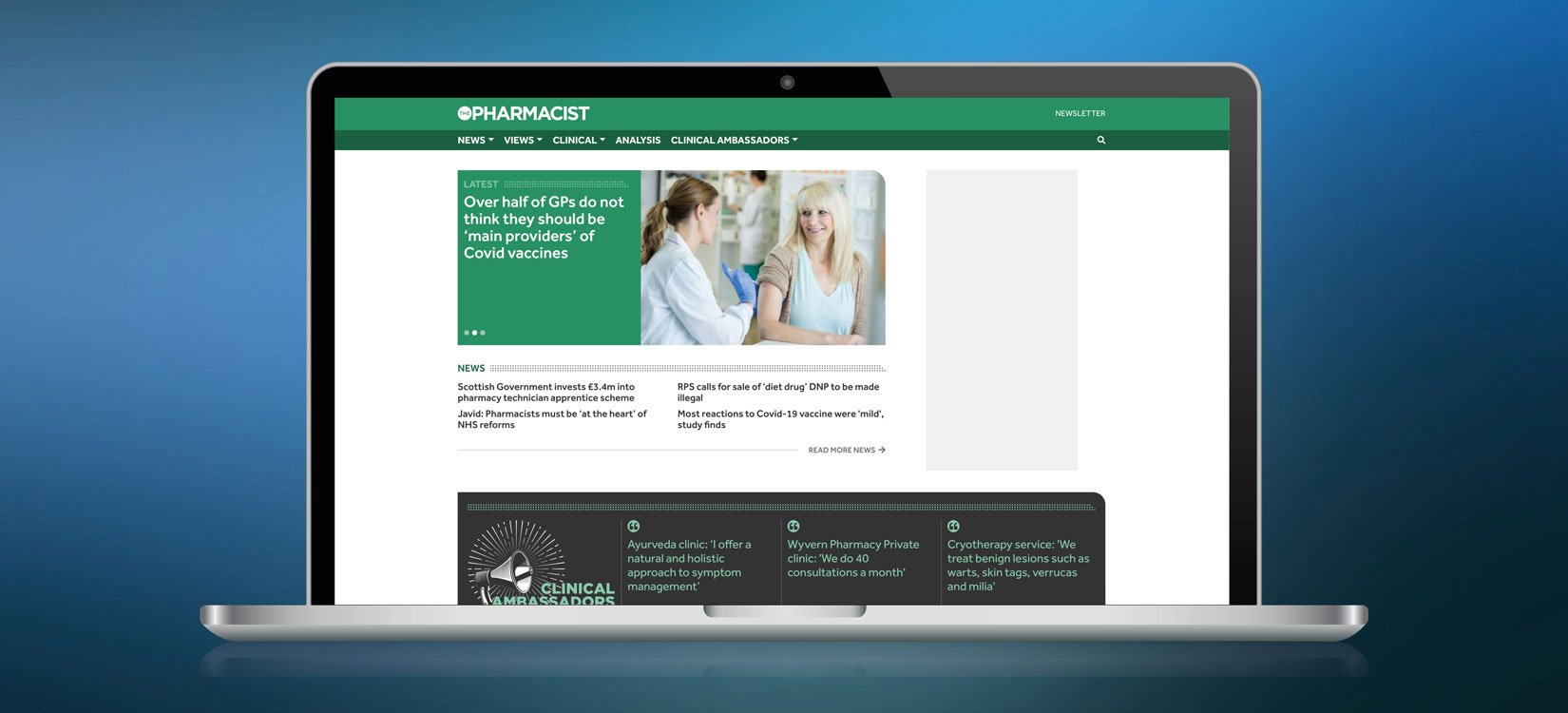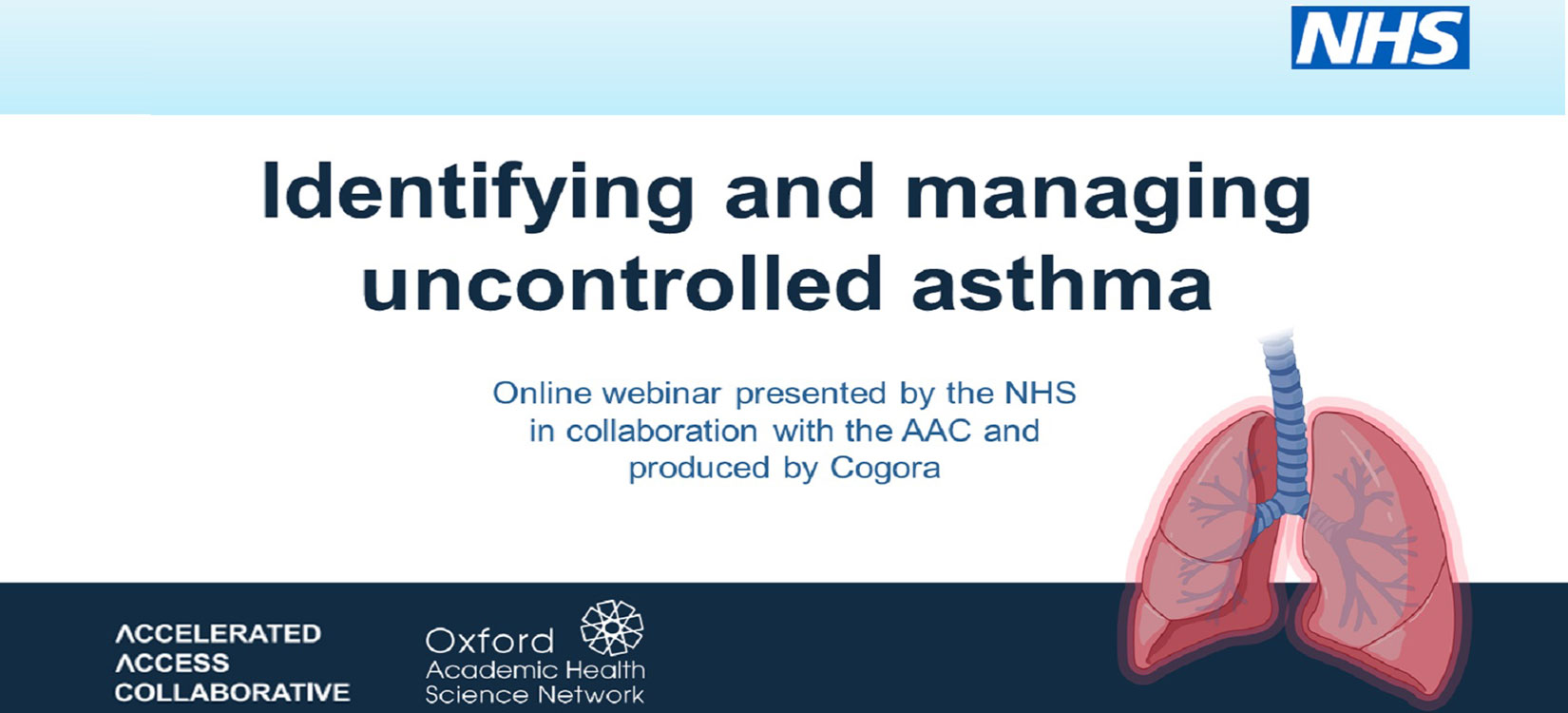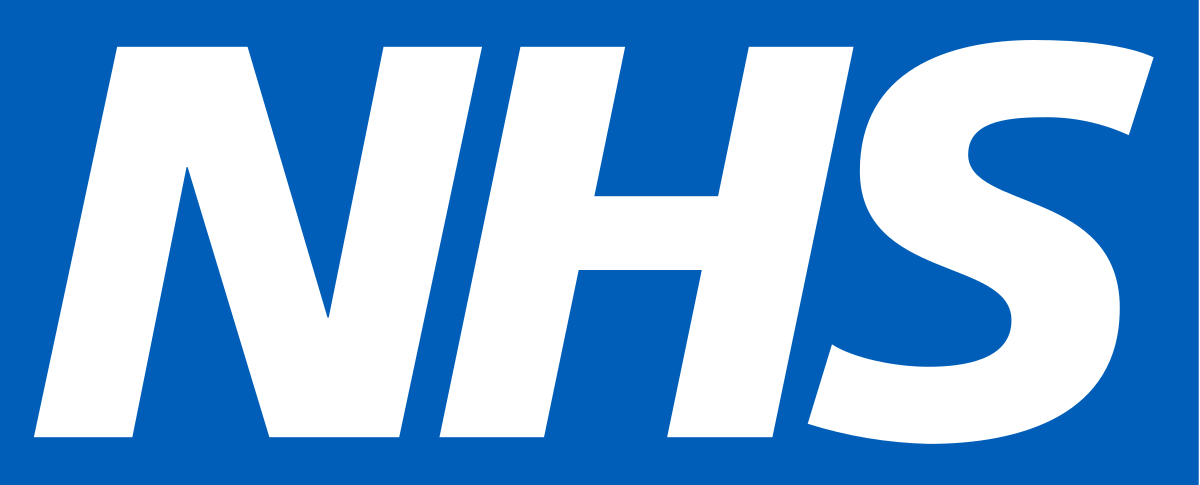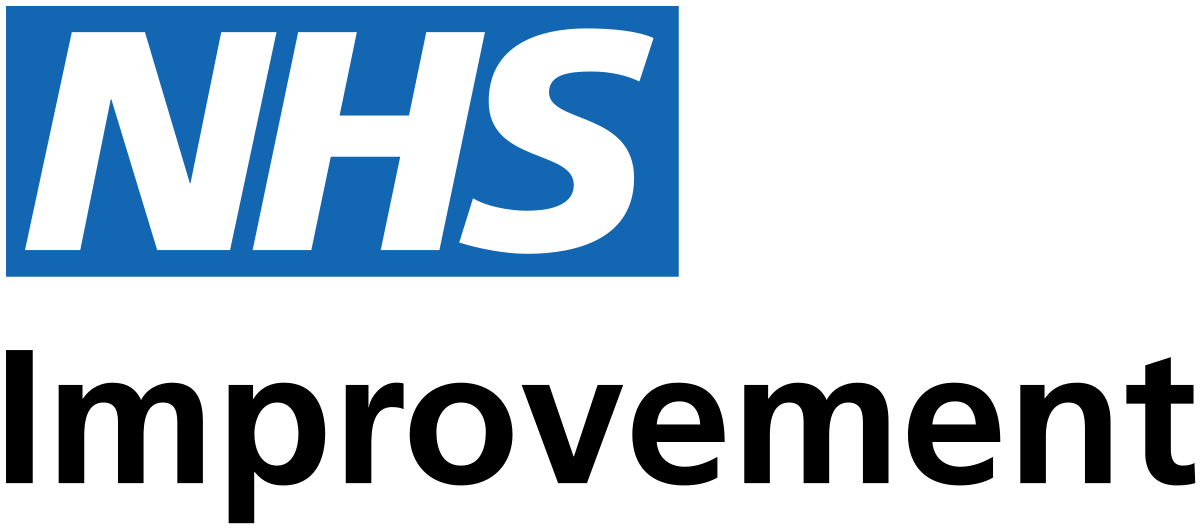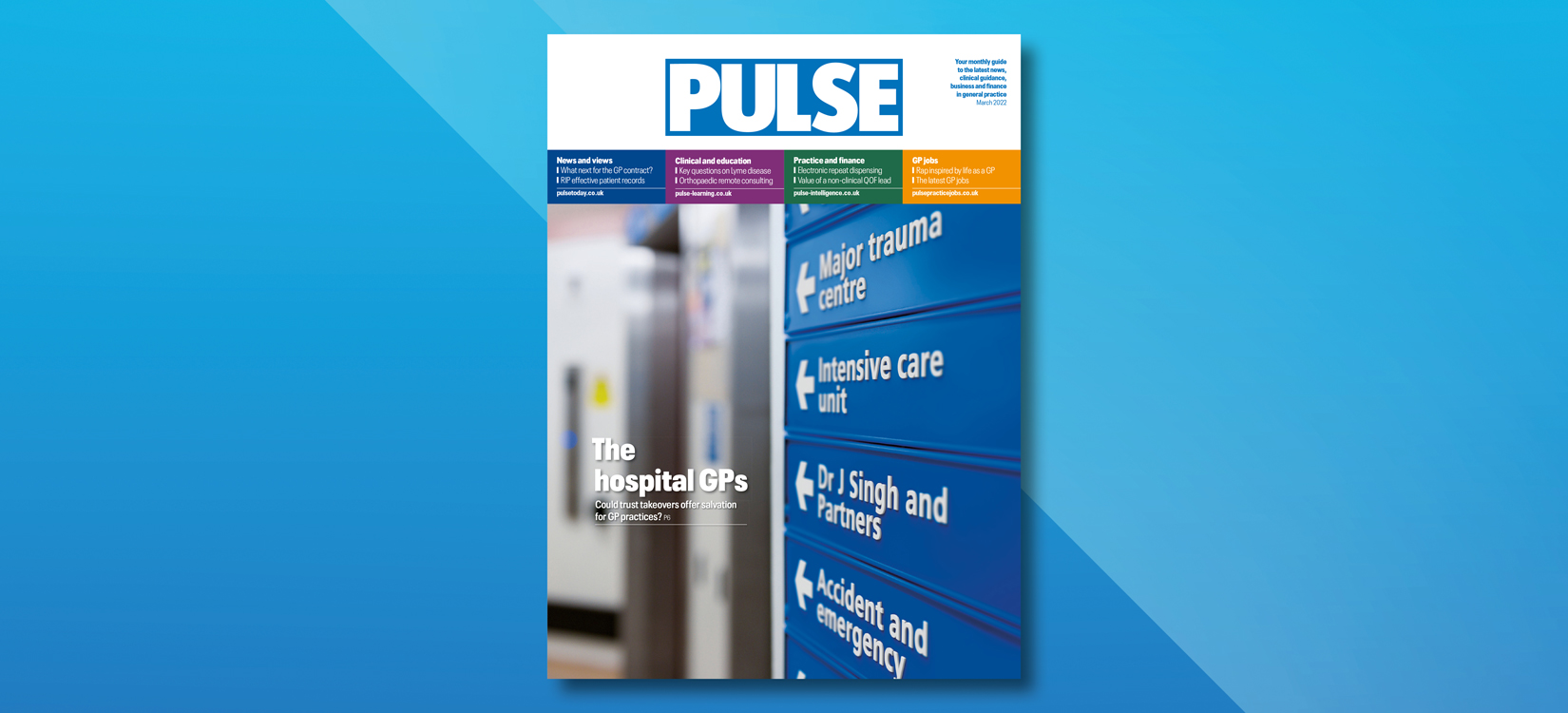Out-going clinical leaders have expressed major misgivings about how the NHS is being run and raised concerns about a loss of clinical leadership as the healthcare system undergoes a massive restructure this week, according to a report from Healthcare Leader.
The report, CCGs: A post-mortem, released today, found that nearly three quarters of clinical commissioning group (CCG) leaders and staff (74%) do not have confidence in the way the NHS is being run.
Just under two-thirds think the move to Integrated Care Boards (ICBs), which take over from CCGs this week, will not be positive (60%) or improve primary care (62%). Half think it will not improve patient care (52%) and 68% of respondents feel there will be a loss of clinical leadership as the new system takes over.
While today marks the first official week of Integrated Care Boards (ICBs) taking up the reigns of running the NHS, it also marks the end of the GP-led commissioning era as CCGs are consigned to history.
Before those clinical leaders are dispersed Healthcare Leader captured their thoughts and feelings. Through eight interviews with CCG chairs past and present and a CCG evaluation survey of 143 clinical leaders and staff, CCGs: A post-mortem, pulls together a snapshot of the past decade’s successes and current concerns to evaluate and reflect what CCGs achieved and predict what ICBs need to be wary of and build on for future success.
The report records some of the work done by CCGs and gauges opinions on what the future could look like after GP-led commissioning. It also seeks to recognise a decade of dedication from the GPs who put their heads above the parapet and became commissioners.
Healthcare Leader editor and report author, Victoria Vaughan, says: ‘We carried out the report to mark the end of nine years of CCG work, which had both benefits and disadvantages, and for it to act as informal handover notes to the new system.
‘Our report shows that there are profound concerns about the loss of primary care clinical leadership and a swing to the dominance of the acute sector as the NHS architecture is reshaped.
‘It highlights that there is a whole tranche of out-going clinical primary care leaders who have experience and knowledge which is worth utilising to help support and inform the new system.
‘There was also sadness around the end of an era during which there was real power in primary care which benefitted patients where CCGs were well run.’
The survey also shows that 67% think CCGs were successful in making clinically led decisions, 71% think they were successful in increasing the primary care perspective and voice within the NHS and 66% think they generated clinical leadership.
About Healthcare Leader
Healthcare Leader is an online media platform dedicated to informing, engaging and supporting decision-makers in NHS primary care services.
As the architecture of the NHS shifts from clinical commissioning groups to integrated care boards and integrated care partnerships, Healthcare Leader gives primary care leaders in the three emerging tiers of the NHS – system, place and neighbourhoods – the opportunity to share innovative ideas on how to address the challenges they face politically, structurally and financially.
Our team produces daily news, thought leadership, roundtables, insight and reports to champion primary care services. We work to seek out case studies, profiles and interviews covering innovative projects and pilots to help spread best practice and support the ICBs’ triple aim – a duty of better health for everyone, better care for all patients and sustainable NHS services.
For more information visit healthcareleadernews.com and contact: Victoria Vaughan, editor [email protected] Jess Hacker, reporter [email protected].
Follow Healthcare Leader: Twitter. Facebook. LinkedIn.
